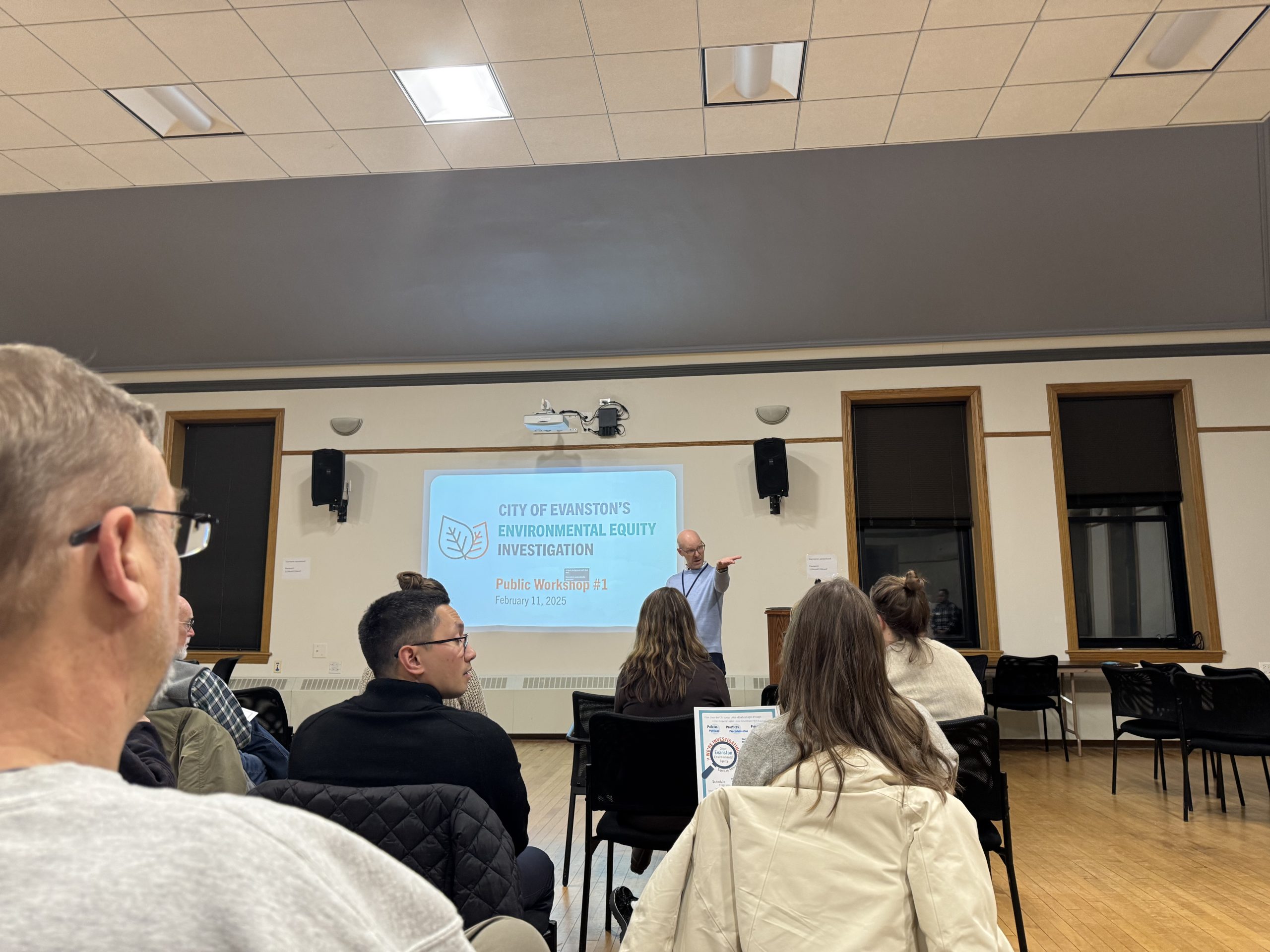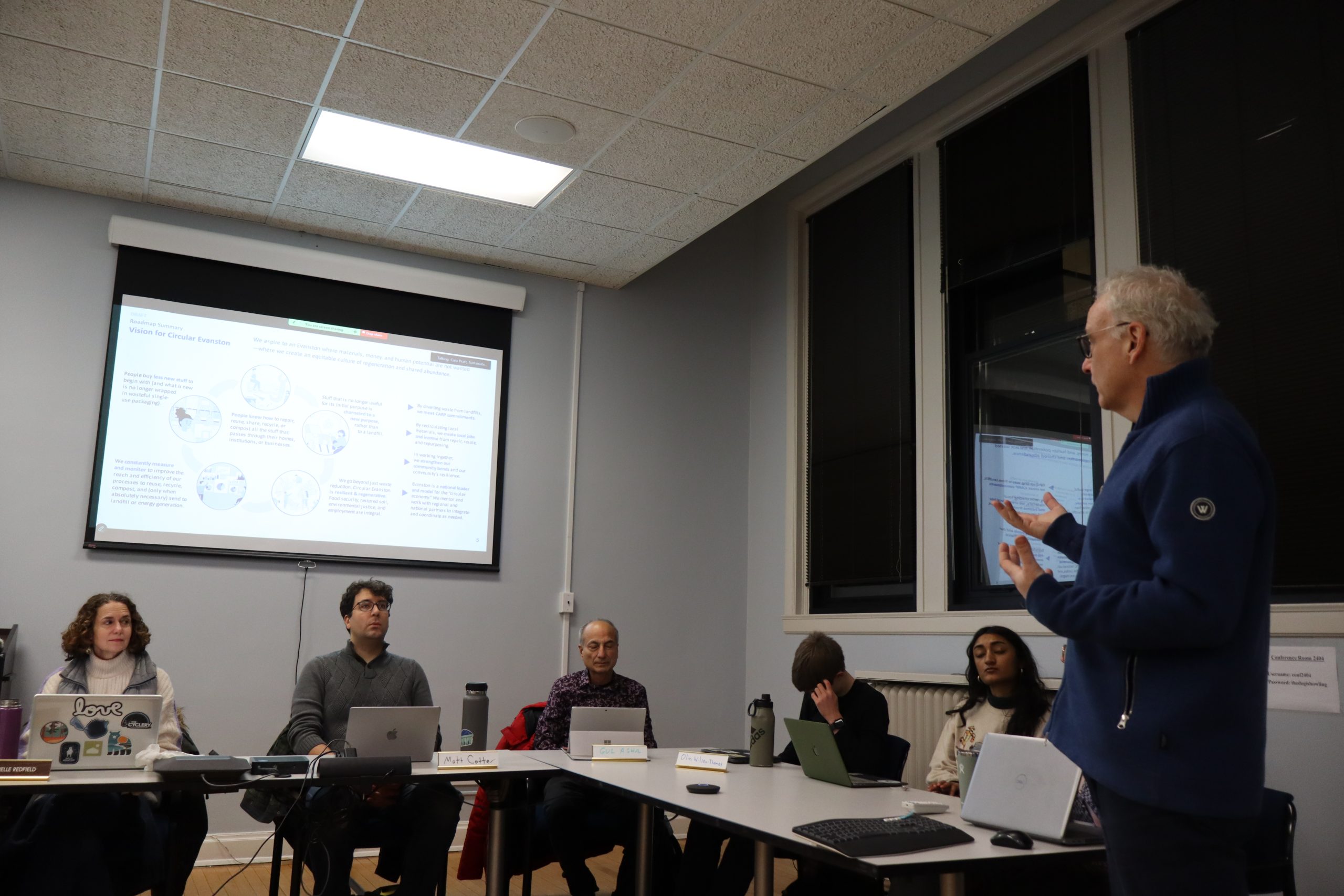Green Funding Revolution: Top Platforms Powering Climate Solutions
Crowdfunding: A Powerful Catalyst for Climate Action
In the face of escalating environmental challenges, crowdfunding has emerged as a groundbreaking strategy to finance and accelerate climate change solutions. This innovative approach empowers individuals, grassroots organizations, and passionate communities to collectively mobilize resources and support transformative environmental initiatives that might otherwise struggle to secure traditional funding.
By democratizing climate action, crowdfunding platforms enable everyday citizens to become direct contributors to sustainable projects. From renewable energy developments and conservation efforts to green technology innovations, these collaborative funding models are breaking down financial barriers and creating new pathways for meaningful environmental impact.
The growing urgency of climate change demands creative and inclusive financing mechanisms. Crowdfunding represents a dynamic, bottom-up approach that not only provides critical financial support but also raises awareness, builds community engagement, and inspires collective action towards a more sustainable future.
As global environmental challenges become increasingly complex, crowdfunding stands out as a powerful tool for empowering individuals to make a tangible difference, proving that meaningful change can start with a single contribution from passionate global citizens.









